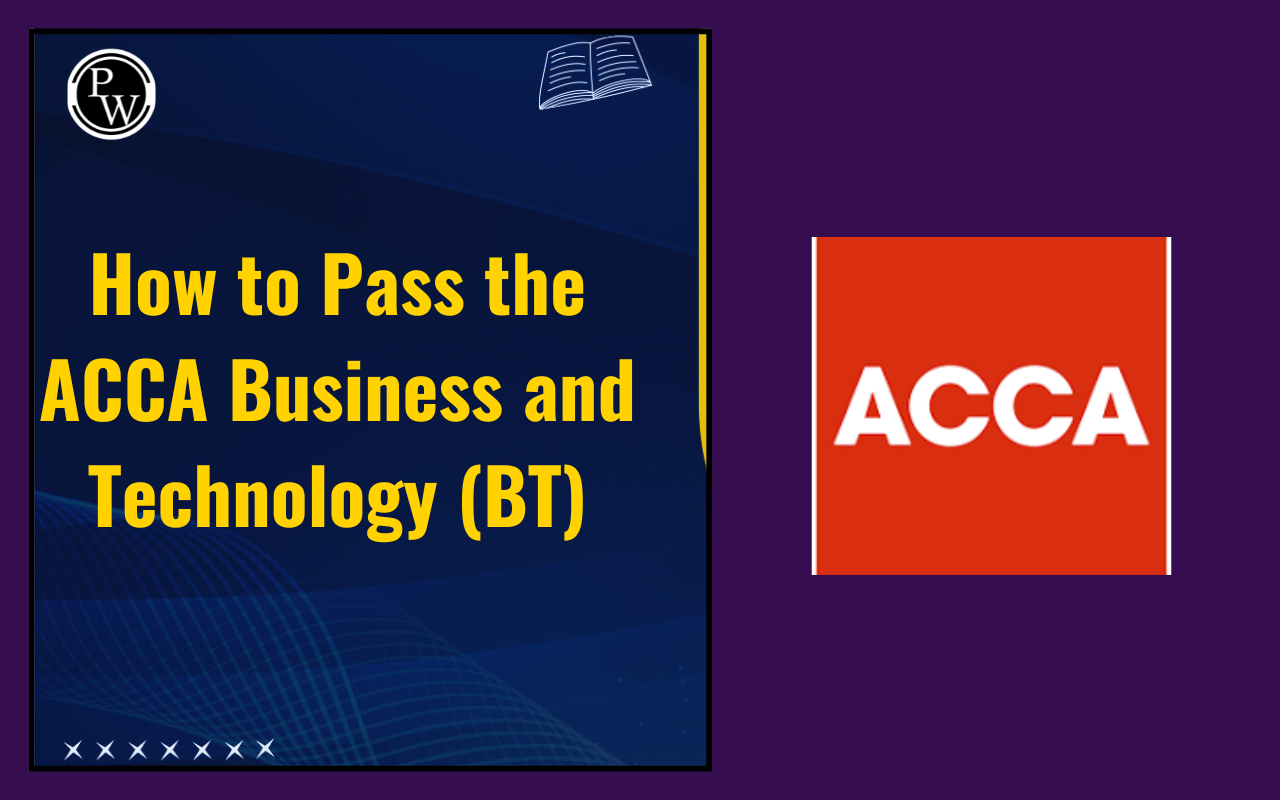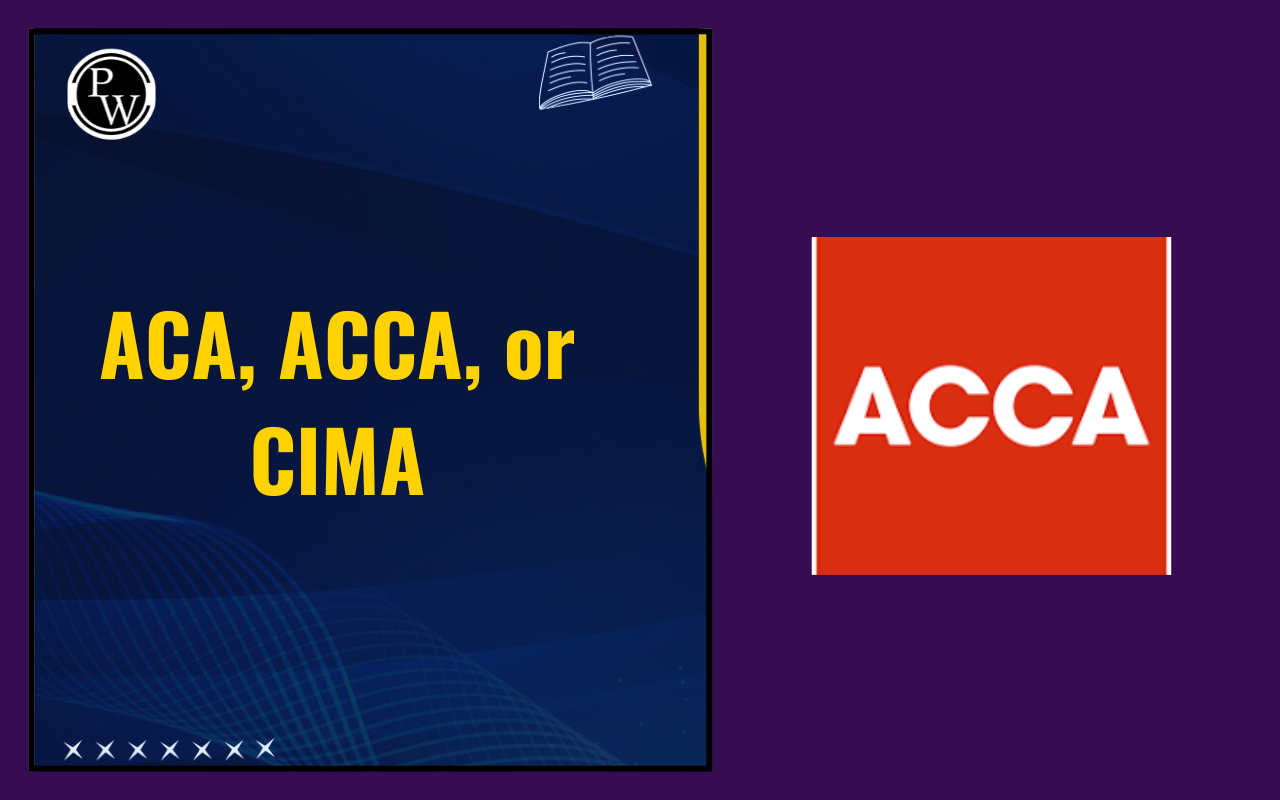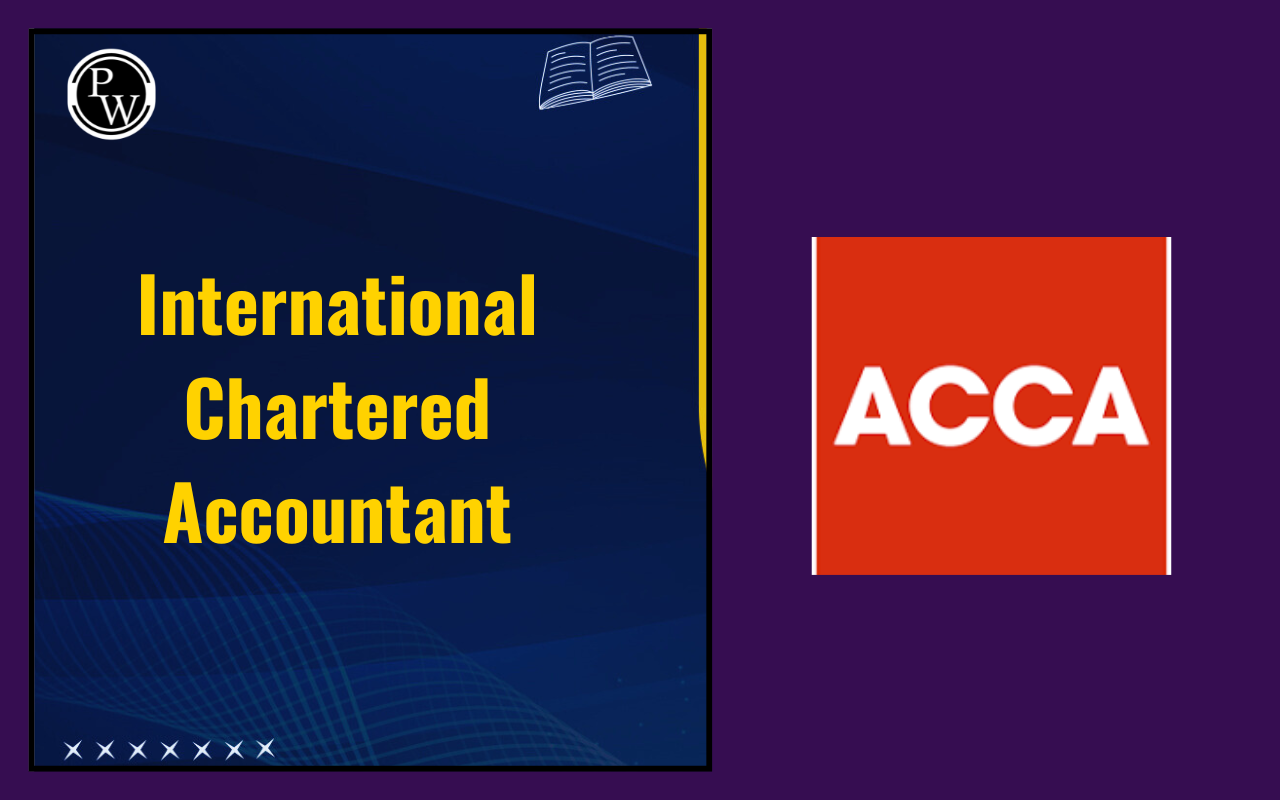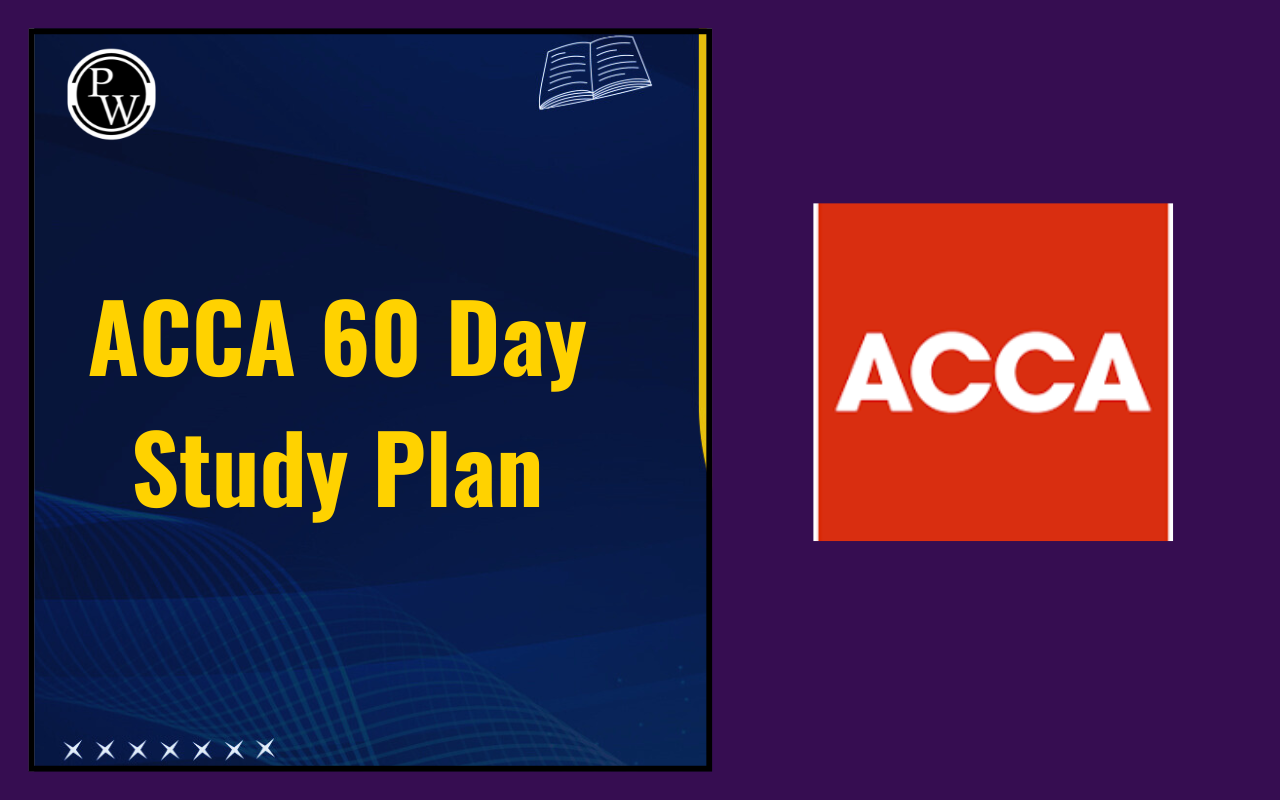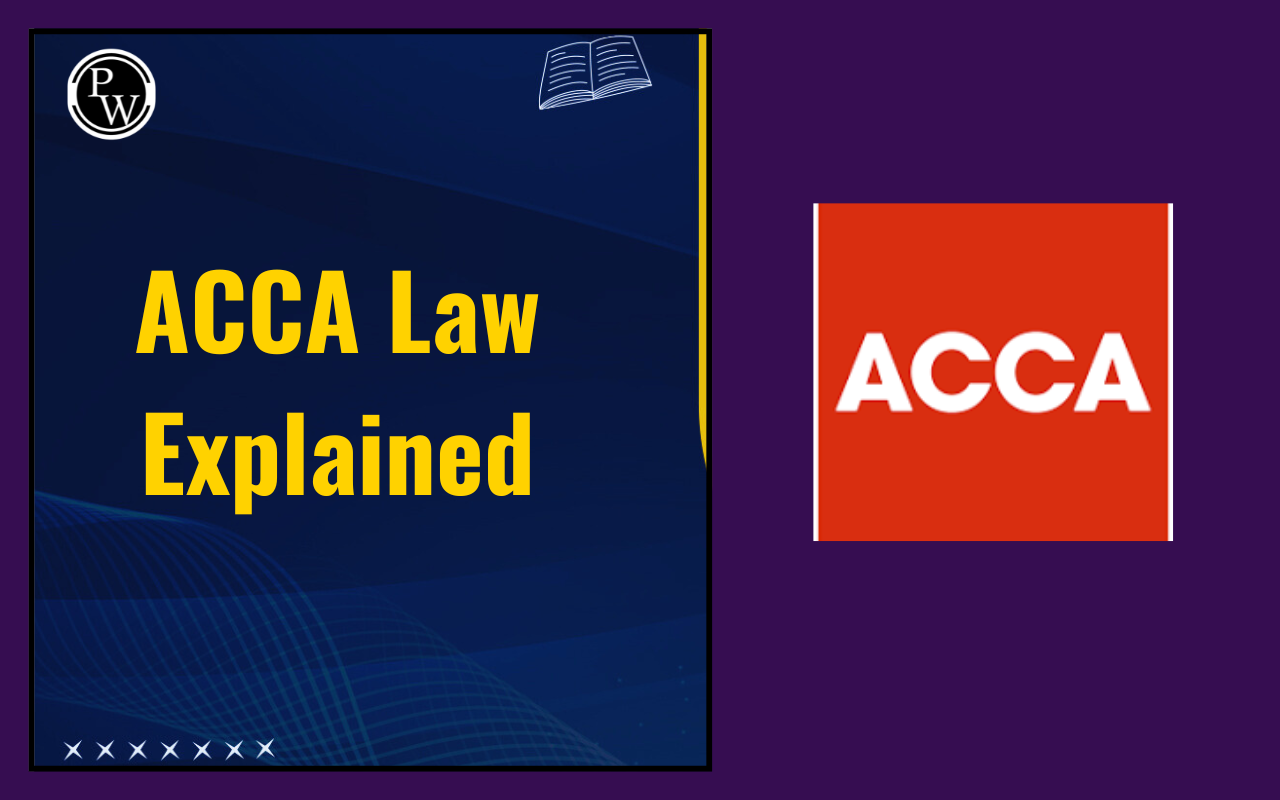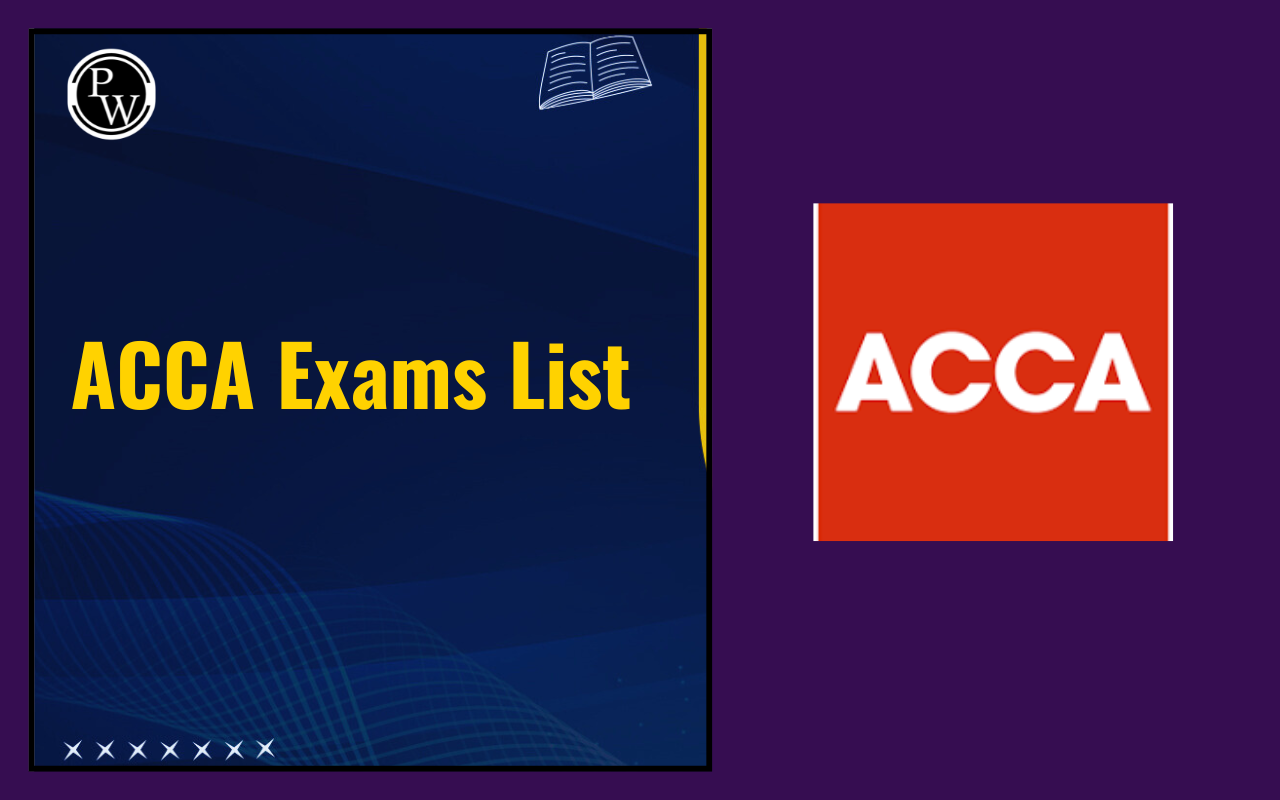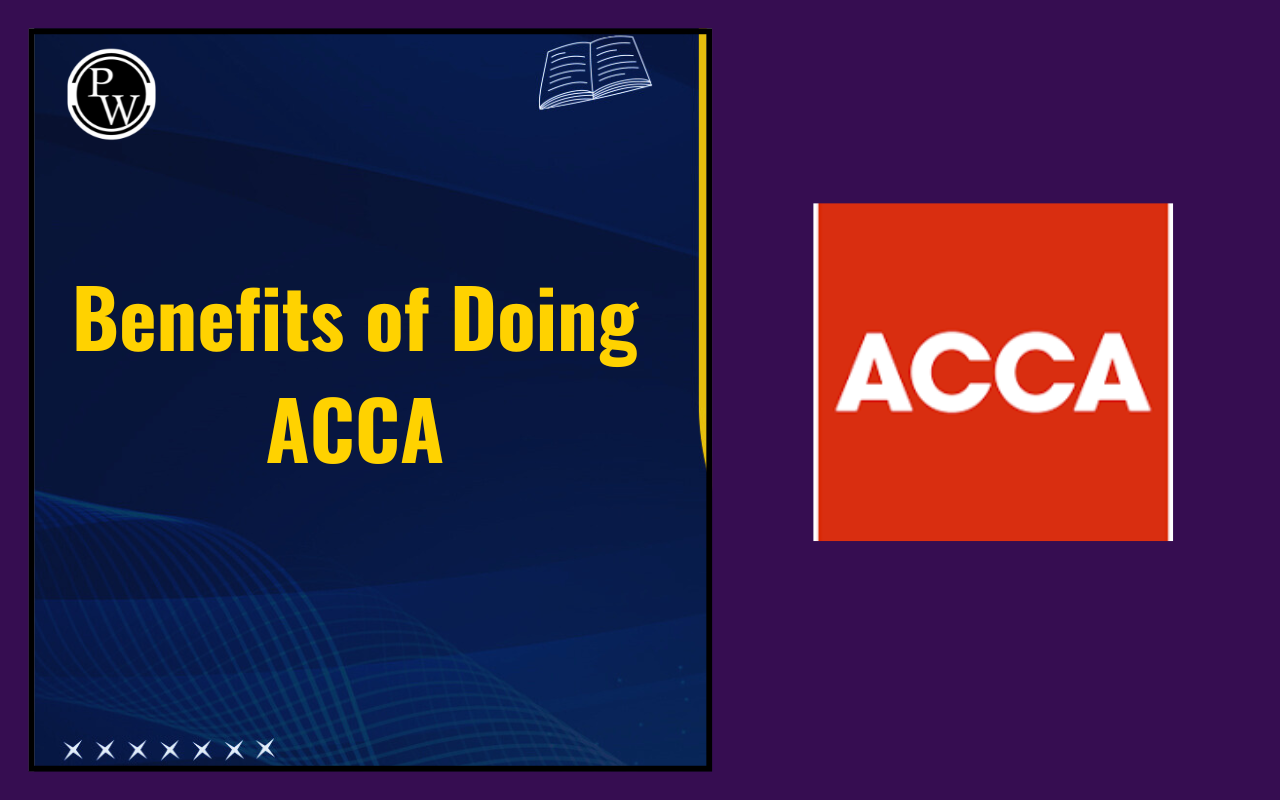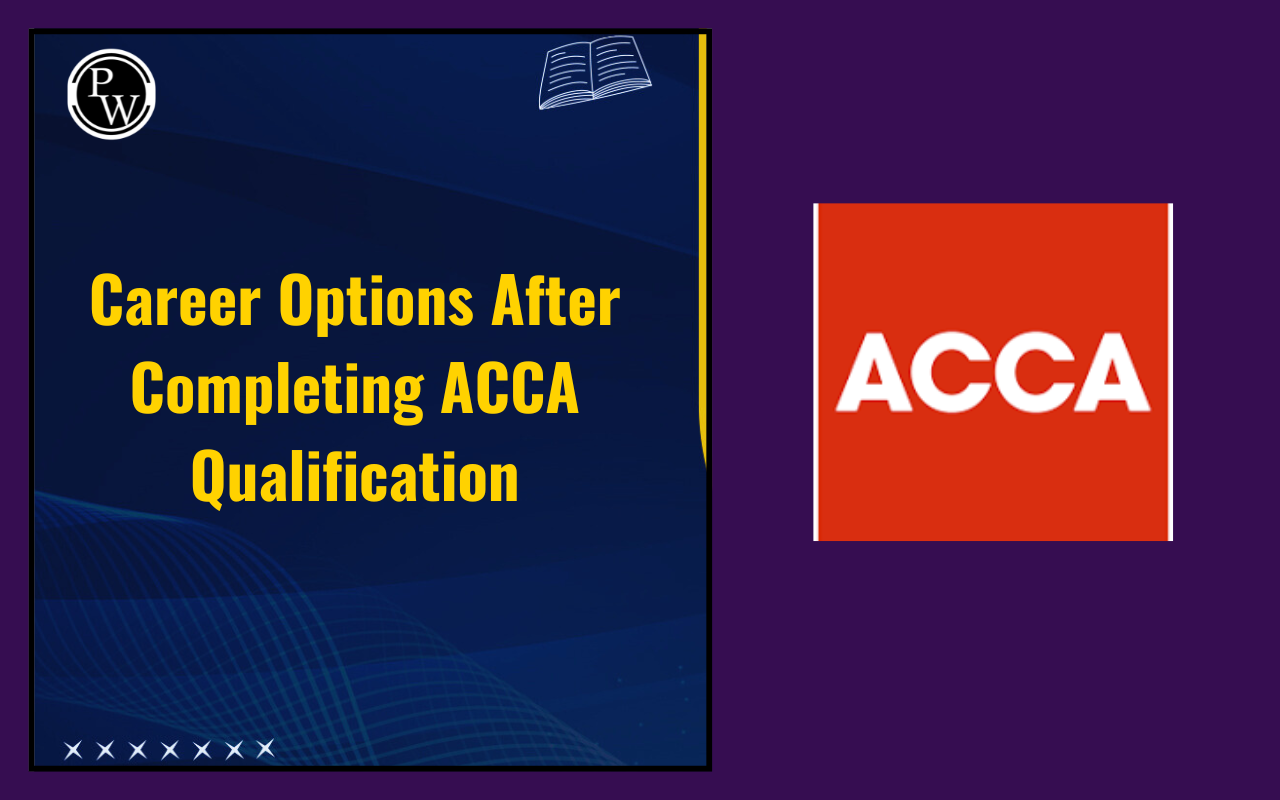
When you dream of becoming a globally recognized accountant, the ACCA Work Experience requirement is your golden ticket to turning theory into action. Unlike other qualifications, ACCA provides flexibility in gaining your experience, letting you work before, during, or after exams.
What sets this apart from traditional CA articleship is the freedom of timing, diversity in roles, and the global acceptance of the qualification. If you're a student navigating your ACCA journey, understanding the ACCA Work Experience criteria is just as essential as clearing the exams.
From tax calculation and auditing to financial reporting and forensic accounting, your real-world learning begins here. Here, we'll walk you through everything, what’s expected, how to meet it, and the skills you need to develop.
ACCA Work Experience Requirements
To earn an ACCA (Association of Chartered Certified Accountants) qualification, having relevant work experience is just as crucial as passing the ACCA exams. Here’s an overview of the requirements and the importance of practical experience:
Three Years of Relevant Experience: You must complete at least three years of work in a relevant accounting or finance position. This is known as the ACCA Practical Experience Requirement (PER).
Types of Work: Your work experience should involve tasks that help you develop key skills, such as:
-
Financial Reporting and Analysis
-
Audit and Assurance
-
Management Accounting
-
Taxation
-
Internal Control and Compliance
-
Business Management
This experience can be gained before, during, or after completing your ACCA exams.
Approved Training Employer (ATE): You must work for an ACCA-approved employer or an organization that meets ACCA’s standards for training. If you're not employed by an ATE, your work experience must be verified by an ACCA-approved supervisor.
Record Keeping: You must keep track of your work experience and skills in an Online Career Log, and your supervisor should review it regularly. This will help you show your progress in both technical and professional skills.
By completing the necessary work experience, you'll be able to demonstrate the practical knowledge needed to succeed as an ACCA-qualified professional.
Importance of Work Experience for ACCA
Work experience is a key part of becoming a qualified ACCA professional. While the exams focus on theory, real-world experience ensures you're fully prepared for the practical side of the job. The following is why it's so important:
1. Applying What You Learn
The ACCA exams give you strong theoretical knowledge, but real work helps you understand how those concepts are used in everyday business situations. It bridges the gap between textbook learning and real-life decision-making.
2. Building Essential Skills
Practical experience helps you sharpen both technical and soft skills such as:
-
Problem-solving
-
Communication
-
Teamwork
-
Time management
These are must-haves for anyone aiming to thrive in the finance world.
3. Gaining Industry Insight
By working in the field, you get to understand how different sectors operate, whether it’s public accounting, corporate finance, or the government. You also learn how to navigate industry-specific rules and challenges.
4. Boosting Your Credibility
Meeting the work experience requirement enhances the value of your ACCA qualification. Employers trust professionals who have proven they can handle real-world financial tasks—not just pass exams.
5. Supporting Career Growth
ACCA doesn’t just prepare you to be an accountant, it prepares you for leadership. Your hands-on experience helps shape you into a confident, job-ready professional who's well-equipped for career advancement.
Also Check: Common Mistakes ACCA Students Make and How to Avoid Them
Process of ACCA Work Experience
The ACCA (Association of Chartered Certified Accountants) is a globally recognized qualification accepted in over 180 countries. To become a certified ACCA member, students must complete 36 months of relevant practical experience, also known as the Practical Experience Requirement (PER).
The following is how the ACCA work experience process works in a simple and flexible way:
-
Your experience must be relevant to accounting or finance roles.
-
You can gain this experience in any type of company, whether it's a small business or a large multinational (MNC).
-
What matters most is that your work aligns with the ACCA performance objectives.
-
You need to complete nine performance objectives in total, five performance-based and four technical.
-
If your job or internship includes accounting and finance tasks, the time you spend doing those tasks can count towards your ACCA work experience.
-
If you spend only 50% of your time on relevant tasks during a year, you can still claim six months of ACCA experience.
-
When applying for ACCA membership, you must log your progress in the ‘My Experience’ section by entering the percentage of time spent on finance/accounting work. The platform will automatically calculate the total qualifying period based on this input.
Types of ACCA Work Experience
Many ACCA students often wonder whether their work experience qualifies for the Practical Experience Requirement (PER). The short answer is yes! Even your coaching experience can count towards your ACCA work experience, but it’s important to note that it should align with the Applied Skills level of the ACCA course, covering fundamental accounting, finance, and business topics.
Students also often ask whether their part-time job or internship experience is valid for ACCA. The key is that your work must involve complex finance and accounting tasks and meet the ACCA performance objectives. If it does, ACCA will accept it as relevant.
The ACCA qualification is recognized in over 180 countries, including places like Canada, Singapore, and Australia. If you're considering becoming a global CA, taking the next step with ACCA could be your best move. Check out our ACCA courses to find out how you can get started.
Essential Skills for Practical Experience Requirement (PER)
The Practical Experience Requirement (PER) is designed to help you develop a wide range of technical and professional skills that will make you a well-rounded finance professional. The following are the skills you'll focus on:
Technical Skills:
These are the essential accounting and finance skills you will apply in real-world situations.
-
Financial Reporting: Preparing and analyzing financial statements in line with accounting standards.
-
Management Accounting: Understanding budgeting, cost accounting, and performance measurement.
-
Audit and Assurance: Gaining hands-on experience with auditing processes.
-
Taxation: Understanding tax regulations and compliance.
-
Financial Management: Managing finances, investments, and business funding decisions.
-
Internal Controls & Risk Management: Implementing systems to safeguard assets and minimize risk.
-
Business Analysis: Analyzing business issues and providing financial solutions.
Professional Skills:
These are the "soft" skills that are crucial for success in your career.
-
Communication Skills: Both verbal and written communication with clients and colleagues.
-
Ethics and Professionalism: Demonstrating integrity and ethical behavior, especially in handling confidential financial data.
-
Decision-Making & Problem-Solving: Analyzing situations and making informed decisions.
-
Teamwork & Collaboration: Working effectively with teams and clients.
-
Leadership Skills: Gaining leadership abilities for higher roles in your career.
-
Time Management: Efficiently managing multiple tasks and deadlines.
Other Key Skills:
The following are some other key skills required for ACCA:
-
Attention to Detail: Ensuring accuracy in financial reports.
-
Adaptability: Handling changes in accounting standards and technology.
-
Client Management: Building strong client relationships and offering value-added services.
| Also Check: |
| How to Write Effective Answers in ACCA Professional Papers? |
| Myths and Facts about ACCA Course |
| How to Create a 90-Day Study Plan for ACCA Exams? |
| How to Manage Time During ACCA Exam? |
FAQs
How much work experience is required for ACCA?
Can internships count towards ACCA work experience?
Do I need to work under an ACCA-approved employer?
Is part-time experience accepted for ACCA PER?

